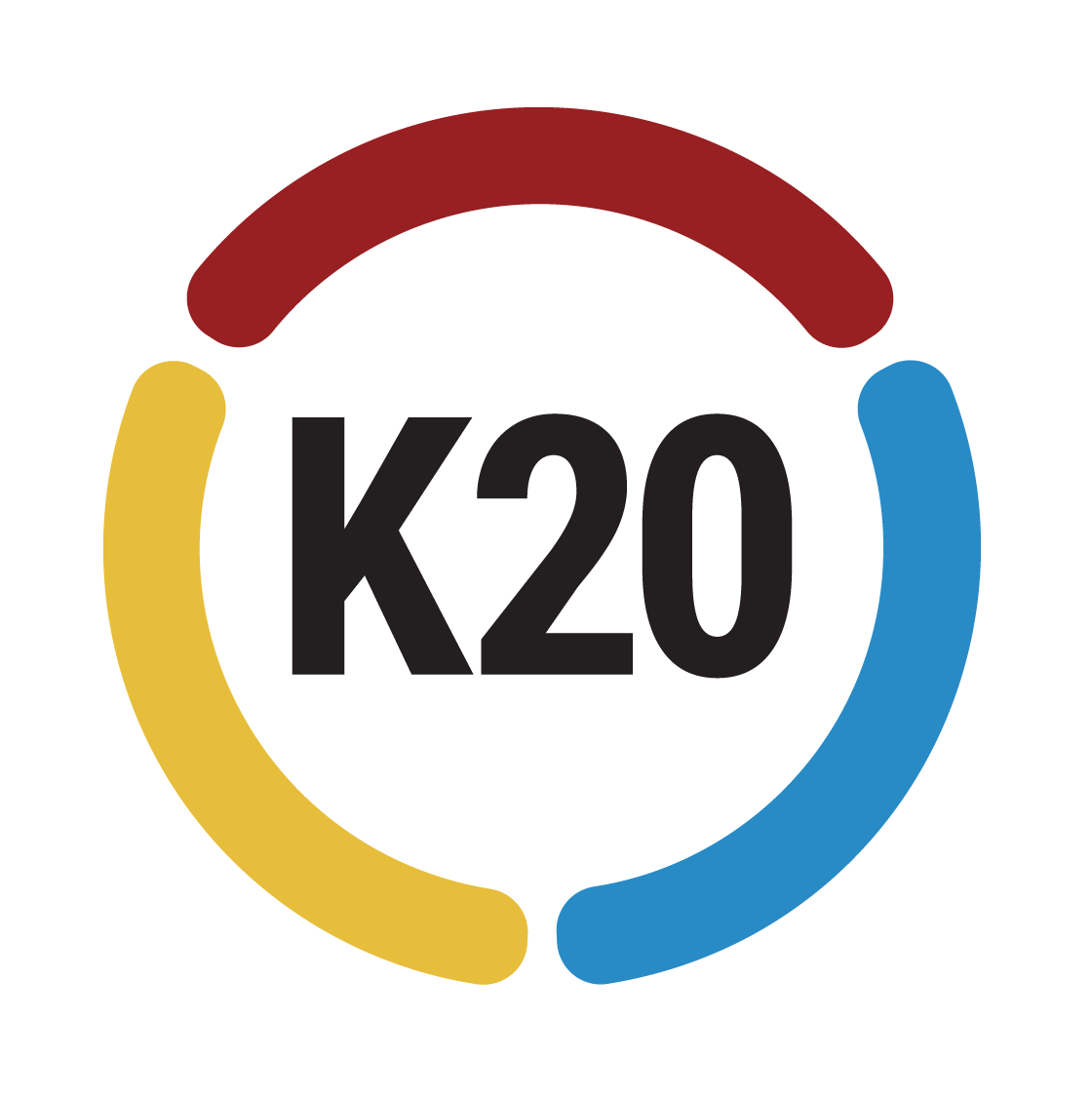Authenticity: Works Cited
AUTHENTICITY IN PRACTICE
INQUIRY-BASED LEARNING
Gibbs, J. (2006). Reaching all by creating tribes learning communities. CenterSource Systems.
Kranzfelder, P., Bankers-Fulbright, J. L., García-Ojeda, M. E., Melloy, M., Mohammed, S., & Warfa, A.-R. M. (2019). The classroom discourse observation protocol (CDOP): A quantitative method for characterizing teacher discourse moves in undergraduate stem learning environments. PLOS ONE, 14(7). https://doi.org/10.1371/journal.pone.0219019
Lawson, A. P., & Mayer, R. E. (2021). Benefits of writing an explanation during pauses in multimedia lessons. Educational Psychology Review, 33, 1,859–1,885. https://doi.org/10.1007/s10648-021-09594-w
Ligozat, F., Lundqvist, E., & Amade-Escot, C. (2017). Analysing the continuity of teaching and learning in classroom actions: When the Joint Action Framework in Didactics meets the pragmatist approach to classroom discourses. European Educational Research Journal, 17(1), 147–169. https://doi.org/10.1177/1474904117701923
Rule, A. (2006). The components of authentic learning. Journal of Authentic Learning, 3(1), 1–10.
Wang, X., Mayer, R. E., Zhou, P., & Lin, L. (2020). Benefits of interactive graphic organizers in online learning: Evidence for generative learning theory. Journal of Educational Psychology, 113(5), 1,024–1,037. http://dx.doi.org/10.1037/edu0000606
Wilhelm, Jeffrey D. (2012). Essential questions. Instructor, 122(3), 24–27.
CONSTRUCTION OF KNOWLEDGE
Bruner, J. S. (1966). Toward a theory of instruction. Harvard University Press.
Dinsmore, D. L., & Alexander, P. A. (2016). A Multidimensional investigation of deep-level and surface-level processing. Journal of Experimental Education, 84(2), 213–244. https://doi-org.ezproxy.lib.ou.edu/10.1080/00220973.2014.979126
Iordanou, K., Kuhn, D., Matos, F., Shi, Y., & Hemberger, L. (2019). Learning by arguing. Learning and Instruction, 63. https://doi.org/10.1016/j.learninstruc.2019.05.004
National Academies of Sciences, Engineering, and Medicine. (2018). How people learn II: Learners, contexts, and cultures. The National Academies Press. https://doi.org/10.17226/24783
REAL WORLD CONNECTIONS
Schrum, K., Majury, N., & Simonelli, A. L. (2021). Authentic learning across disciplines and borders with scholarly digital storytelling. Teaching & Learning Inquiry, 9(2). https://doi.org/10.20343/teachlearninqu.9.2.8
Tang, K.-S. (2017). Analyzing teachers’ use of metadiscourse: The missing element in classroom discourse analysis. Science Education, 101(4), 548–583. https://doi.org/10.1002/sce.21275



